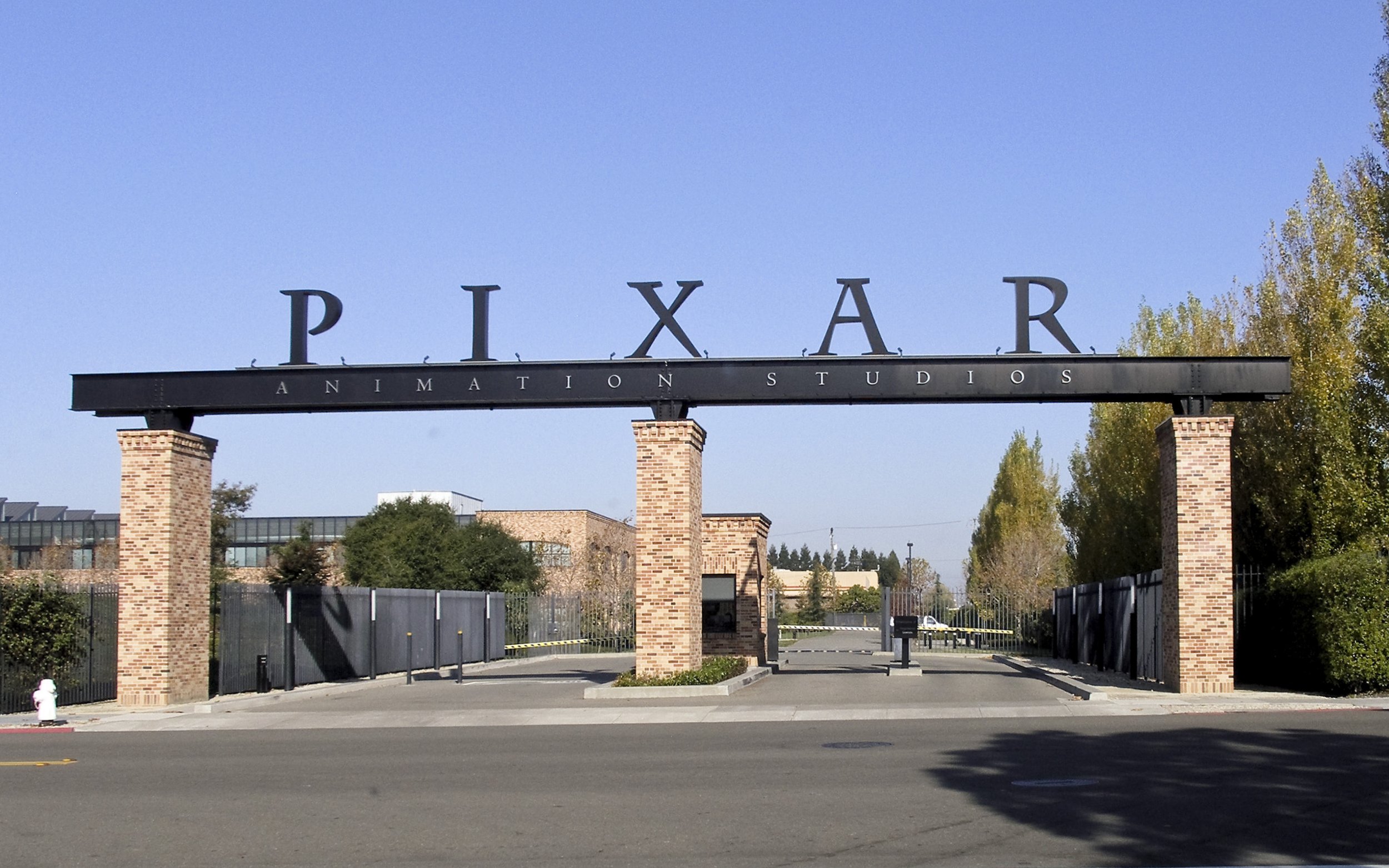Weekly Posts and Insights

Strategic Planning Season: The Importance of Vision in Uncertain Times
This post explores the critical role of strategic planning and visioning in helping organizations navigate uncertainty and long-term challenges. It emphasizes the importance of staying at a strategic level, resisting the pull toward immediate tactical fixes, and focusing on the pillars that drive success: leadership, innovation, operations, and customer focus. With actionable steps and insights, it provides a framework for crafting meaningful, future-oriented plans that transform strategic dreams into achievable realities.

The Overlap of Conflict, Vulnerability, Trust, and Innovation
True innovation exists at the intersection of trust, vulnerability, and constructive conflict. As leaders, our role is to create the conditions for innovation to thrive. That means checking our egos, fostering trust, and modeling vulnerability. It means leaning into conflict, embracing discomfort, and having the courage to confront the most brutal facts of our current reality.

Putting Values Into Action: The Cornerstone of Leadership
When teaching or coaching emerging leaders, one topic I push hard on is values. Values refer to the fundamental beliefs and guiding principles that define what an individual, organization, or community stands for. These principles act as a moral and operational compass, influencing behavior, decision-making, and culture. They are part of the magic three: mission, vision and values.

Election Reflection: When Does a Vision Become Lost—or Was It Never Realized in the First Place?
Reflecting on the recent election, the Harris campaign's lack of a clear and compelling vision became evident in contrast to Trump’s well-communicated stance, making it challenging for voters to see her future for America. Drawing from the change formula, a successful campaign requires acknowledging dissatisfaction, defining a visionary goal, and setting clear steps toward achieving it—elements that were more apparent in Obama’s 2008 campaign, where “hope and change” aligned with voters' aspirations and activated widespread engagement. Ultimately, the Harris campaign's struggles highlight the need for leaders to craft a vision that resonates powerfully and unites people around a shared purpose, as fear alone can often overshadow hope if it lacks sufficient clarity and preparation.

Lincoln’s Leadership: A Blueprint for Resilient Leadership Beyond Election Day
As Election Day 2024 nears, reflecting on Abraham Lincoln’s legacy offers valuable insights into adaptive leadership, resilience, and unity. Known for his humility, conviction, and strategic flexibility, Lincoln showed how true leaders use disruptions to inspire lasting change. This election, we can look to Lincoln’s example of courage and empathy, guiding us to face challenges boldly and strive for a united future.

Navigating Conflict in the Workplace: The Downstairs, Middle Room and Upstairs of Resolution
Conflict at work is inevitable, but with the right tools, it can become an opportunity for growth. In this post we explore how leaders can guide teams through conflict by understanding how the brain processes emotions through the downstairs, middle room, and upstairs functions of the brain.

Belief-Behavior Conversations In Action: How Pixar Transformed Team Dynamics and Communication
Belief-behavior conversations, as we discussed in our e-book: Revitalize and Retain Staff, aim to address the root causes behind actions, rather than merely correcting surface-level behavior. Pixar’s leadership used this approach to facilitate open, meaningful dialogues, helping the team uncover the underlying beliefs fueling their actions. Once these beliefs were identified, leaders guided team members toward reframing them, creating lasting behavioral change.

Leadership Growth Lattice in Action: How LinkedIn Embraced Holistic Employee Development to Drive Retention and Innovation
Discover how LinkedIn transformed employee growth and retention with the Leadership Growth Lattice, a modern alternative to traditional career ladders. By encouraging skill development, cross-functional teamwork, mentorship, volunteerism, and alignment with personal life goals, LinkedIn fostered a culture of continuous learning and flexibility. This holistic approach empowered employees, reduced turnover, and fueled innovation, positioning LinkedIn as a top employer in the competitive tech industry.

The C.A.M.P. Model In Action: How Google Applied This Theory to Drive Employee Motivation and Innovation
As Google grew, it faced the challenge of keeping its talented workforce consistently motivated. Financial incentives alone weren’t enough to maintain the high levels of innovation and employee satisfaction required to stay ahead in the competitive tech industry. Google’s leadership recognized the need to focus on intrinsic motivators—those elements that drive long-term engagement and fulfillment beyond salary and perks.

The Takeaway at the Solutions Summit: Build More Trust in the Workplace
At the recent Vermont Chamber’s Solution Summit, I had the pleasure of discussing a topic that should resonate deeply with leaders today: trust in the workplace. In a world where technology continues to shape the future of work, the importance of human connection and trust can often feel overshadowed. However, as research consistently shows, building trust is the key to a successful and engaged workforce. In this blog, I’ll share some of the insights and strategies I presented.